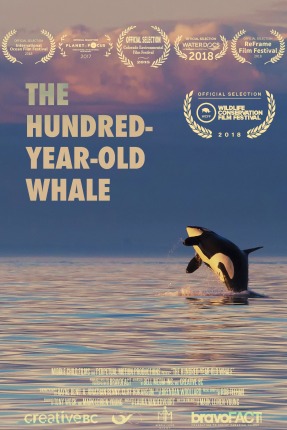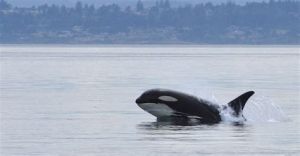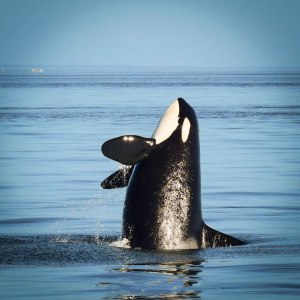“I Am Salmon” produced and directed by Peter Mieres will premiere at the 2018 Wildlife Conservation Film Festival (WCFF) in New York, NY. The WCFF mission is to inform, engage and inspire wildlife conservation through the power of film. Join us for our eight year anniversary is October 18-28, 2018. Ten days of film screenings, panel discussions, receptions, field trips, networking, virtual reality and more. All Access Film Festival passes are available now for purchase: wcff.org/nyc-festival-2018/
Synopsis: “I Am Salmon” tells the story of the life cycle of the five species of wild pacific salmon and their age old relationship with the Tseshaht First Nation in British Columbia. Wild Pacific Salmon are at risk by a number of threats such as deforestation, pollution, over-fishing and the dams, ect. This short documentary hopes to create awareness of the issue.
Watch trailer: https://vimeo.com/259220503
Contact: info@wcff.org to join the planning committee. Sponsor the film festival, advertise on the big screen during the outdoor summer series and the October festival. Take a page in the full color program book to be distributed in USA, China and other countries.
Christopher J. Gervais, FRGS
Twitter: @CJGERVAIS
Christopher@WCFF.org
Wildlife Conservation Film Festival
October 18-28, 2018 | New York, NY
http://www.WCFF.org
Facebook.com/WCFForg
Twitter: @WCFF_org
Instagram: @wcff_org
Vimeo.com/wcff
LinkedIn: Wildlife Conservation Film Festival










